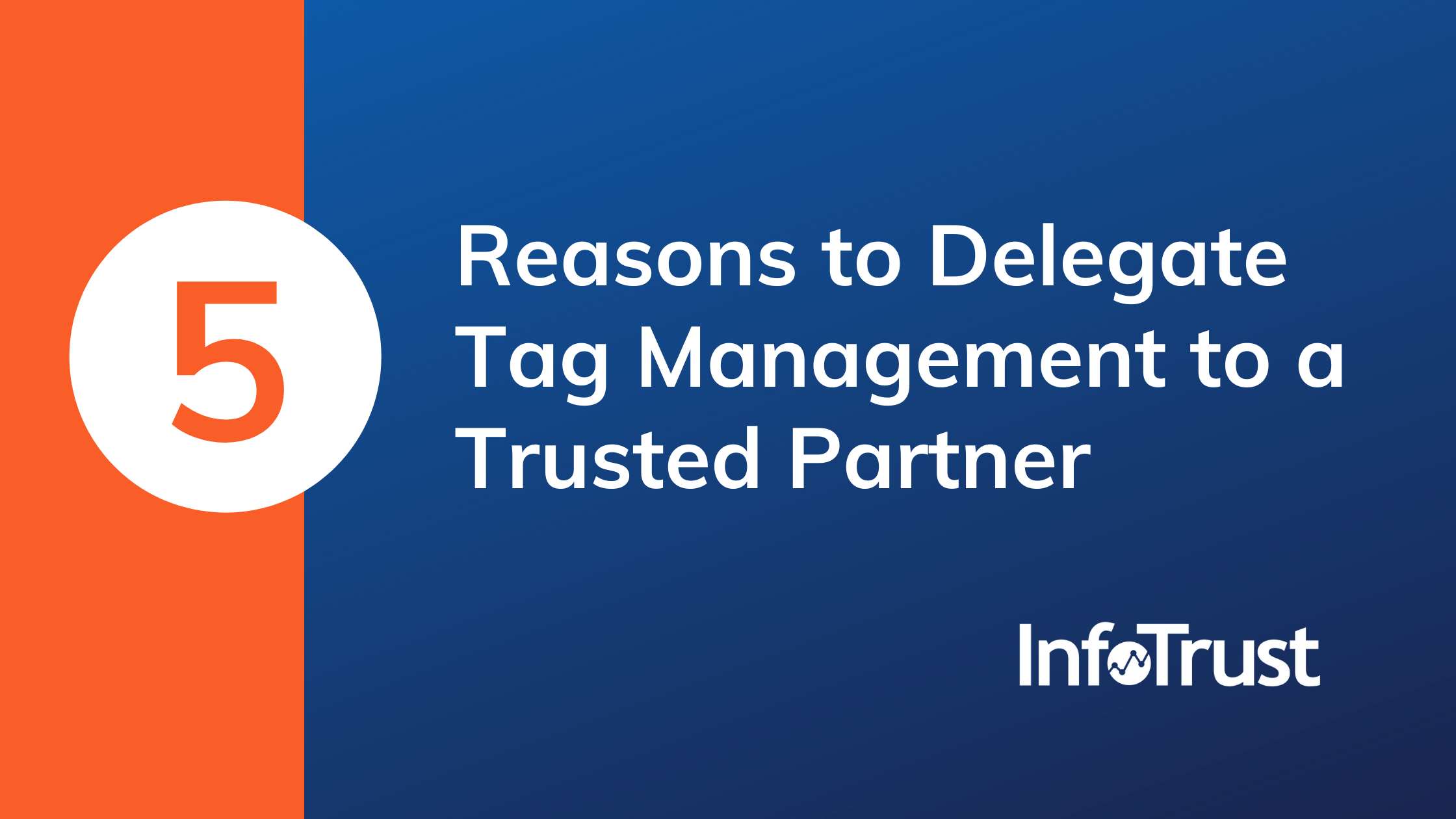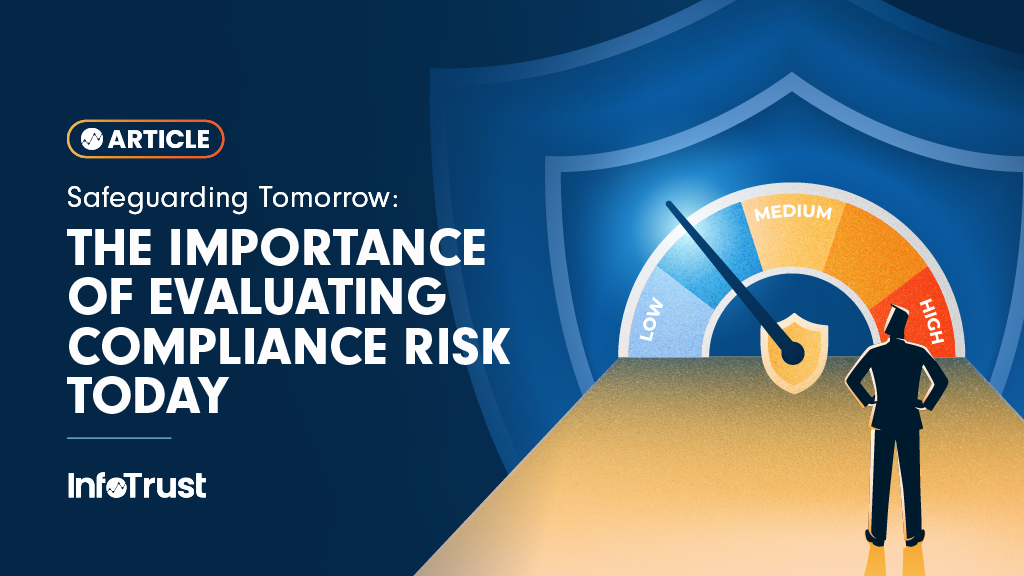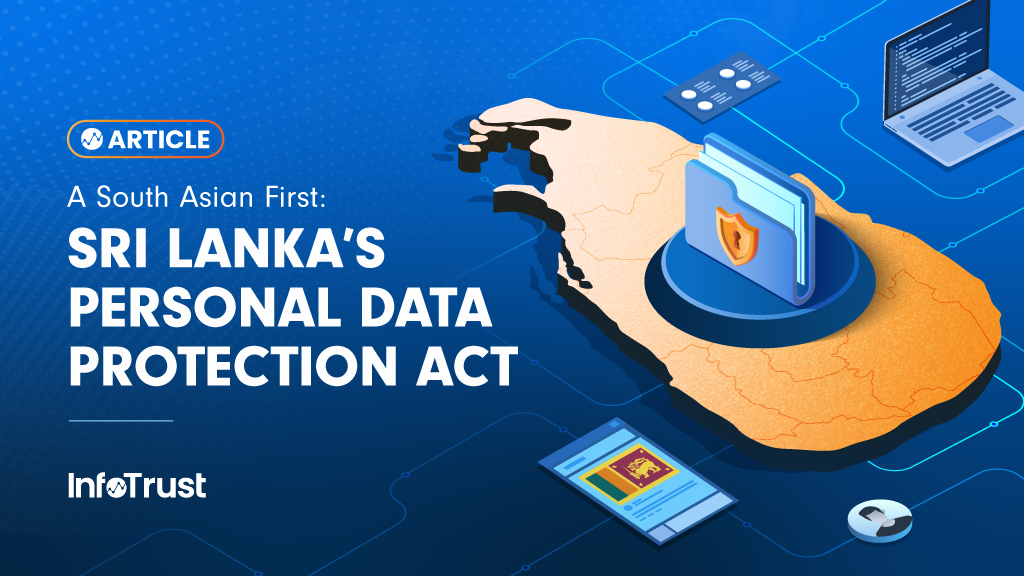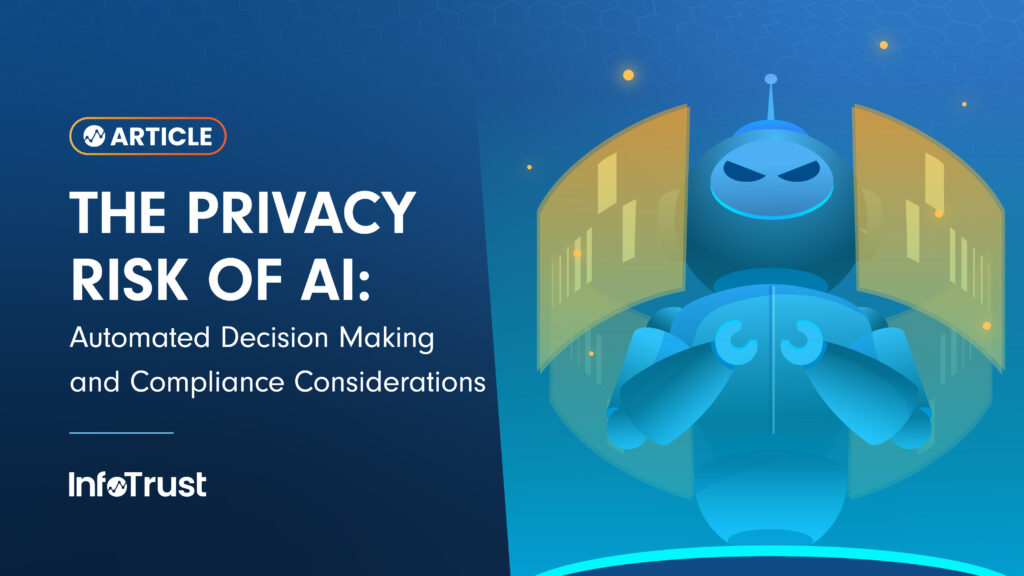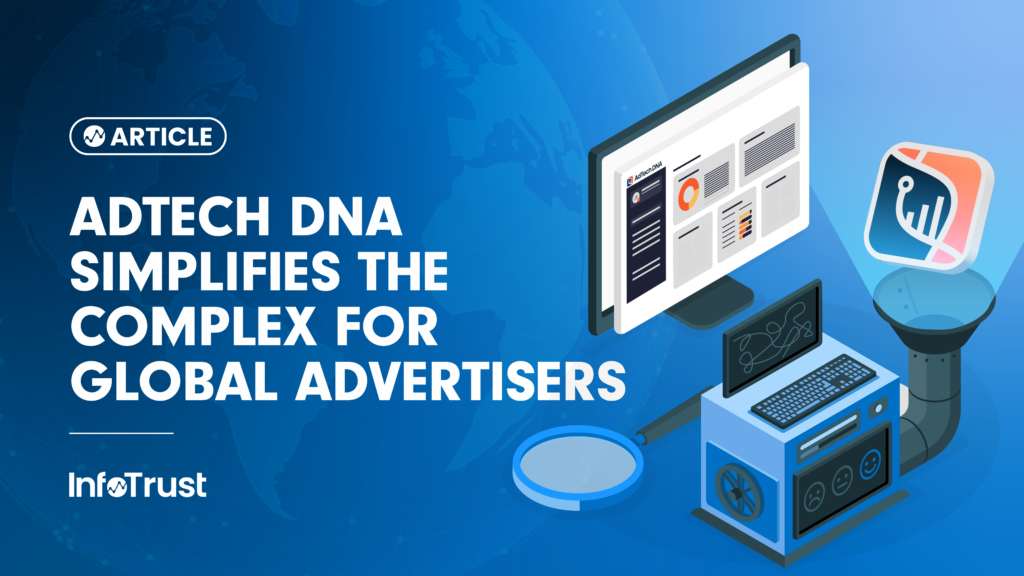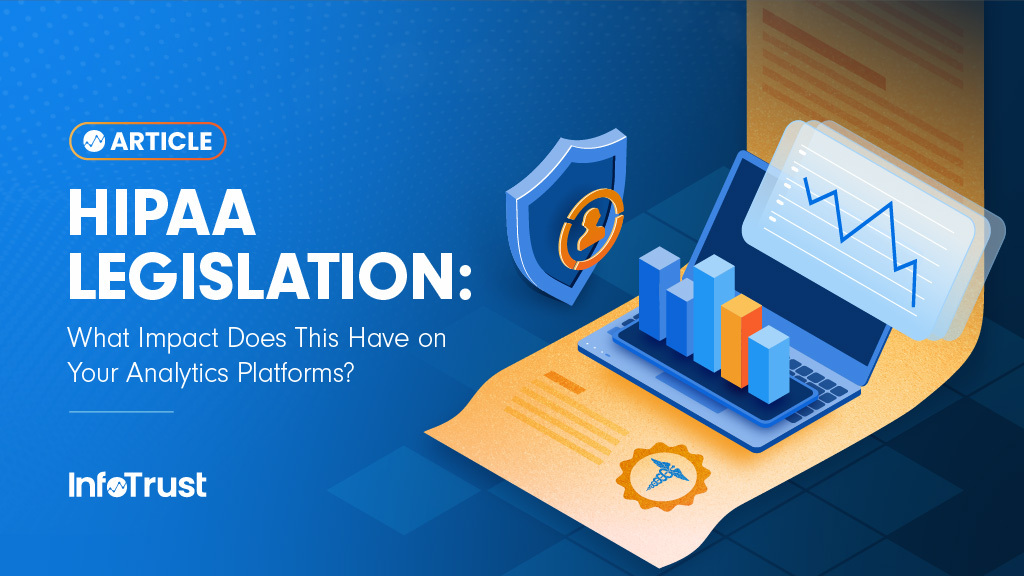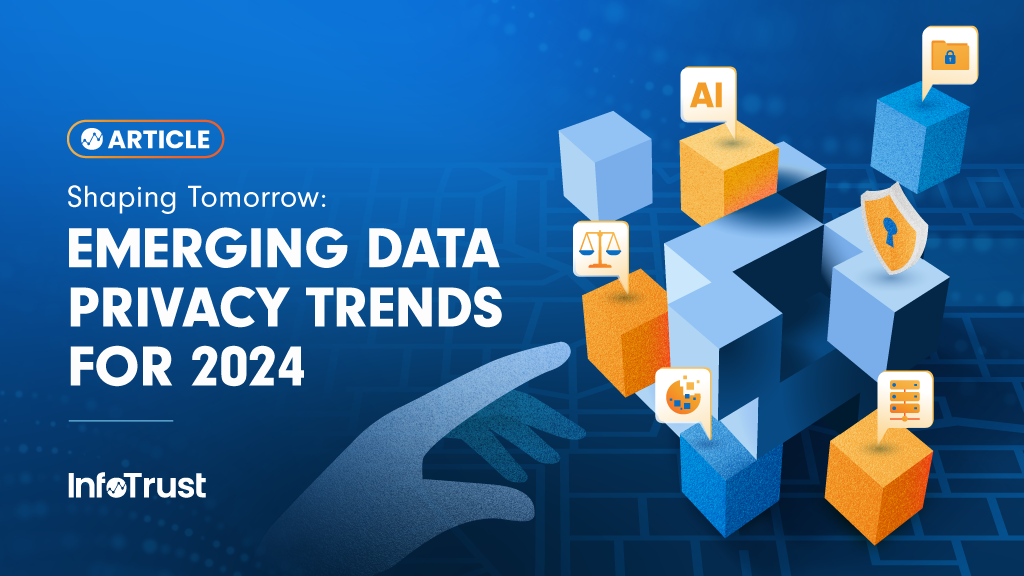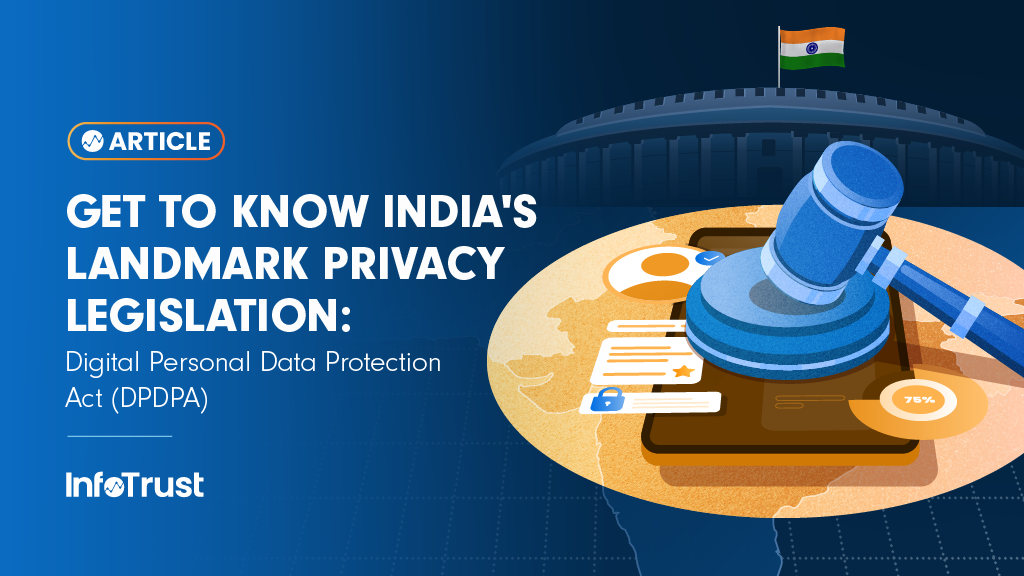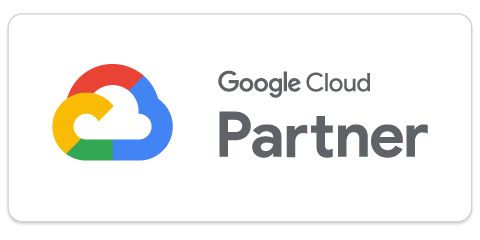The analytics and advertising industries are in a constant state of change, now more so than ever. Seemingly every day there is a new cookie restriction, regulatory requirement for data collection, or consent requirement for users from somewhere across the globe. At the core, all of these changes place additional burden on the data collection architecture and the tags which facilitate said data collection.
It’s overwhelming.
In response to this overwhelm, many enterprise organizations now work with a partner to manage the tags on their websites and underlying data collection architecture. While the original value proposition of tag management systems was to democratize tagging—so easy your marketing intern can do it!—the reality is a highly complex environment with heavy reliance throughout the entire marketing organization. Here we’ll lay out the top five reasons why your organization should join the trend and work with a partner for marketing and advertising tag management.
1. Specialized Knowledge
Queue the adtech partner’s sales pitch “implementation of our tag is super simple, just a small javascript file with a few parameters that need to be updated, up and running in no time.” Little do they tell you that in order to accomplish your specific use case you’ll need to customize far more than a few parameters.
Partners that specialize in tag management know this—and they have the experience from implementing many of the top platform’s tags across hundreds of other websites to have a solution ready to go.
A great example of this is when Snapchat first came on the scene and began being used by advertisers. Due to some nuance of how the platform worked, any ad that was viewed on the platform registered a page load of the landing page associated with the ad. This led to many, many problems with first-party analytics and media evaluation. The InfoTrust tag management team was able to identify this issue early and develop a solution leveraging various browser APIs. This solution was then able to be quickly rolled out across all impacted client implementations. The specialized knowledge of the partner in this case saved many hours of effort and many teams the frustration of having their media reporting rendered useless.
2. Automation
Implementation of a single tag on a single site can be fairly straightforward. But what about implementation of a tag across hundreds of websites? This is a scenario often faced by multi-brand and multi-market organizations. Luckily for them, most tag management systems in use today have APIs available which can enable automation and rollouts at scale.
But what’s that you say? Tagging is but one of many tasks engineering handles? And they don’t have the experience nor time to develop regular automations for deployments that only happen a few times a year?
This is where a partner like InfoTrust can be invaluable. Because we focus on tag management as a core solution offering, we have engineering teams solely dedicated to developing automation solutions for each tag management system and many analytics platforms. Recently we helped an organization implement base GA4 tagging across 700+ websites in just 3 business days!
3. Governance Principles
It was mentioned at the opening but it can not be underscored enough—privacy regulations mean more requirements on data processing and more compliance risk for organizations as it relates to data collection. Tags are the primary method of data collection and cookie usage across digital properties. This means that tags are a primary source of compliance risk.
Partners know this and have best practices for all tag management processes to ensure the necessary protections are in place to limit compliance risk as much as possible. Principles like access and review controls, standardization best practices, and tag review processes—all of these can optimize your data collection architecture but most importantly ensures that compliance standards are being followed on the entry point for digital data.
4. Engineering Expertise
At many organizations, tag management sits in a bit of an “in-between.” It’s technical in nature—we are talking about coding after all—while also being “simple” in the eyes of your development team. As a result, tag management often falls to either the most technically savvy marketer or whoever on the engineering team has a little bit of time today.
Tag management is far too important to be an afterthought. The difficulty is that for many organizations it will not take up enough time for a full-time position. This is another benefit of working with a partner. You can employ a responsible party that is full-time focused on tag management while only part of that time is focused on your tags. Nothing falls through the cracks and that specialized expertise talked about earlier is able to be realized.
5. Importance of Tagging Architecture and Cost of Screwing It Up
That last point is important (SAY IT WITH ME)—tag management is far too important to be an afterthought! If there is an issue with a tag implementation, it can lead to a negative impact on user experience via slow load times, gaps in data collection so you have no clue how campaigns performed, or a risk of legal action due to a compliance violation.
All sounds like fun, right?
Tags are a foundational component for all digital marketing and advertising activities at an organization. They must be taken seriously. Best to entrust a partner that can provide specialized expertise to know where issues will arise with pre-built solutions, deliver automation for tag management at scale, have governance principles instilled from day one, and have the engineering expertise to deliver. Your data architecture and website functionality is far too important not to.
